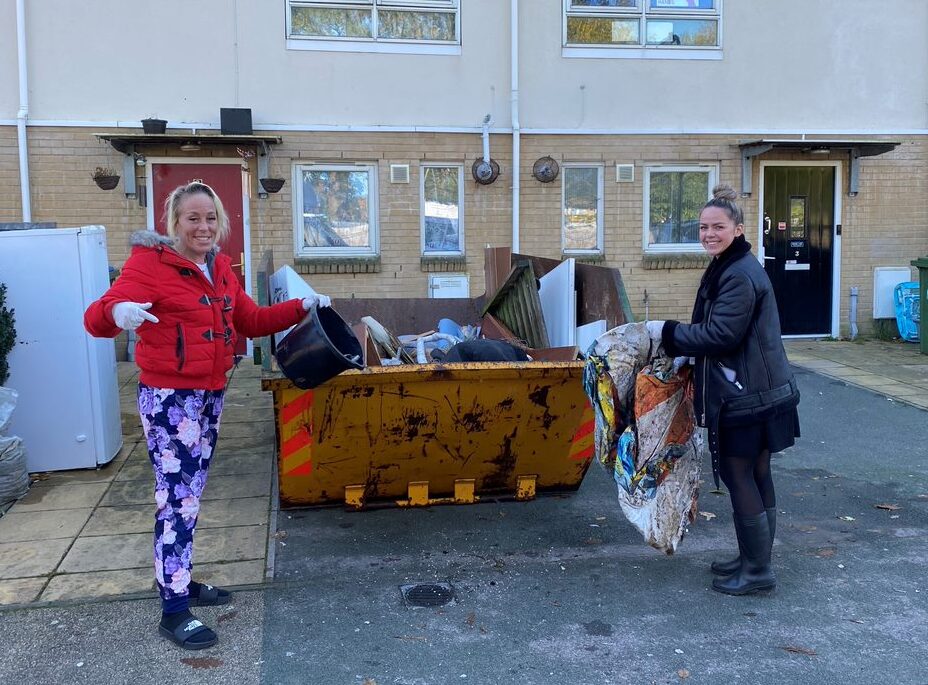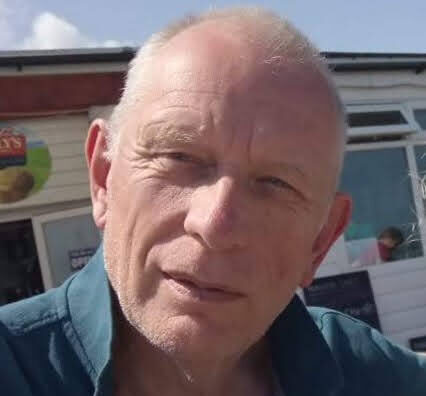 Let’s do tenants a favour and talk straight
Let’s do tenants a favour and talk straight
By Hannah Fearn, freelance journalist specialising in social affairs
The first time I saw it, it confused me, breaking my flow of concentration. I stopped, paused and read the sentence again – but there it still was. A word I couldn’t recognise: ‘unhoused’. What did it mean?
After a moment it dawned on me. This wasn’t a new term, referring to a policy or initiative that I’d overlooked. It was just an unnecessary replacement for another, better understood, plain old English word: ‘homeless’. Since then, it’s cropped up everywhere.
Campaigners justify this shift by arguing that while the word ‘homeless’ suggests a person has some agency, or even shoulders some blame, over their housing situation, ‘unhoused’ reflects the fact that it’s usually the failure of systems, institutions and governments that leaves people without a home.
It’s a compassionate claim, but for me it fails. If we want people to care about the plight of those falling through the cracks in our housing system then we need to connect with their feelings about their experience of life without a fixed address. ‘Unhoused’ is such a technocratic word, meaningless to most people, while ‘homeless’ is the opposite: it has a clear meaning but also generates a profound emotional response.
It might not surprise you to hear that, as a journalist, I have a visceral reaction to jargon and management gobbledegook wherever I find it. I outright refuse to ‘circle back’, find the ‘low hanging fruit’ or ‘take it offline’ (which, paradoxically, often just means to send someone an email). But my disdain also extends to the use of complex language where the straightforward would do much better.
“There’s a desperate need for housing leaders to speak openly about what’s stopping them doing their job well, and to advocate, loudly, for their tenants. The problem is, it’s impossible to convince people that you deserve to be heard when nobody can understand what you’re talking about”
In the two decades I have covered the social housing sector, it’s always been steeped in its own peculiar jargon. Homes are not houses or properties but ‘units’; ‘improvements’ usually refers to works that any homeowner would call a repair; and ‘affordable housing’ is rarely anything of the sort. Nobody outside the industry has any idea what a ‘registered social landlord/provider’ is.
The worst offence is calling the people who live in social housing ‘customers’. That word hands them a sense of control over their home that they simply don’t have – and leaves them feeling impotent when they cannot exercise it.
Why are we afraid to say what these ‘customers’ really are? Have social landlords fully swallowed a political ideology that leaves them believing that the word ‘tenant’ is derogatory? Tenant isn’t an insult, it’s a fact. It’s also a legal term conferring rights as well as responsibilities.
Right now, the housing sector is facing a crisis of reputation. The essential work it does in supporting people and creating communities is being overshadowed by the size of the problem with housing disrepair and the effects of decades of political underinvestment. There’s a desperate need for housing leaders to speak openly about what’s stopping them doing their job well, and to advocate, loudly, for their tenants. The problem is, it’s impossible to convince people that you deserve to be heard when nobody can understand what you’re talking about.
There’s a vast public appetite for a national conversation about housing. Voters are hungry for change in an area of policy that’s been distorting the economy and affecting people’s life chances, yet is still bafflingly overlooked in Westminster. The last thing they need is an advocate that cannot speak about the realities of their lives in a way that they recognise.
So, this is my plea: talk more about what you do, and celebrate when you do it well, but don’t overcomplicate it. Saying that you can provide a stable home for someone who would otherwise be homeless is enough. For them, it’s everything.





















